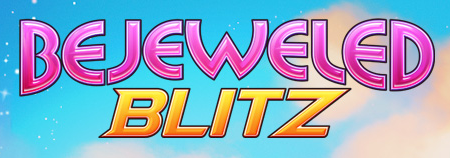Angry Birds-maker Rovio has said that it eventually expects that at least half or more of its revenues will come from physical goods in the future. It’s not the only developer that has popularized a brand on mobile and social platforms only to later introduce real-world merchandising.
EA’s Popcap is parlaying its Bejeweled franchise into a line of real-world games through an agreement with Hasbro. Hasbro and Popcap’s parent EA, which bought Popcap for up to $1.3 billion including earnouts two years ago, have worked together for years. More than five years ago, EA picked up the rights to create digital versions of longstanding games like Monopoly, Scrabble and Yahtzee.
This time, the partnership is taking games in the opposite direction — from the virtual world into the real one. As iOS and Android have become major platforms in their own right with about 1 billion devices either cumulatively sold or activated, smartphones have become a fast route to creating globally recognized entertainment brands like Angry Birds.
Many developers like Cut The Rope-maker Zeptolab and Outfit7, which is behind animal character apps like Talking Tom, have signed licensing deals to create toys, T-shirts and more. The playbook for these developers, which are often bootstrapped or non-venture funded, has been to build higher-quality games that attract millions of users and enough loyalty that consumers will buy plush toys or T-shirts in the real world.
Hasbro says it will launch two games this spring based on Bejeweled. These physical games will tie into the online versions, with virtual rewards for consumers who buy the product like a free download of Bejeweled 3. Bejeweled, a classic Match-3 game, is one of Popcap’s longest-standing brands. It was first developed for browsers more than 10 years ago. It later came to Facebook and was one of the first titles available for the iPod more than five years ago.
After the EA acquisition, PopCap appears to have stayed fairly independent compared to other game developers that get absorbed into their buyers. Still, it hasn’t been all that smooth. The company recently laid off about 50 people and said it was considering closing its Dublin office last fall.
